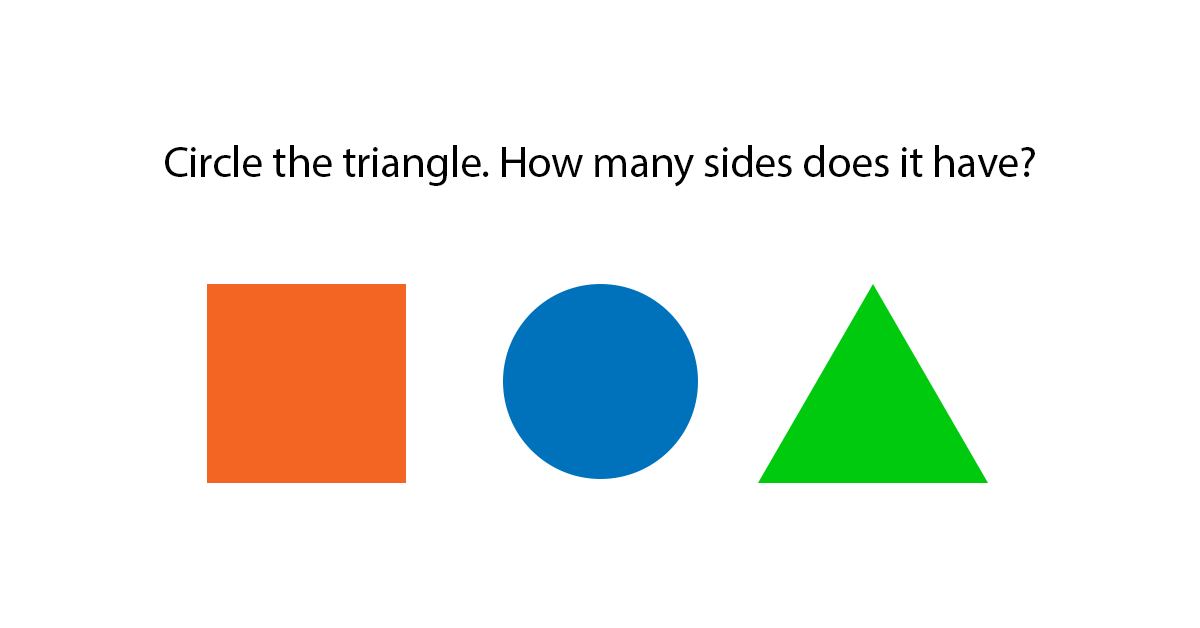In middle school, I had a math teacher who always began class the same way. He would assign each of us a problem from our homework assignment the night before and have us put it on the chalkboard. We would have to give our answer and show how we got it. My teacher would then label each problem as correct or incorrect. I was fairly good at math and generally got the problem right, but I remember always being terrified that I would do something wrong and that my work would be picked apart in front of the class. I can only imagine how my classmates who struggled with math must have felt. The beginning of math class was my least favorite part of the day. It was probably a nightmare for many others, leading to the “I hate math” mentality that’s so common.
Math is a subject that often creates frustration for both parent and child, but a lot of that frustration can be avoided by using the right approach. When children answer the question correctly on their first try, we celebrate; when they get a question wrong, we tend not to applaud their efforts. These responses can lead your child to believe that there’s no room for mistakes and that getting the correct solution the first time is what they should be trying for.
Working toward understanding
Assessing your child’s level of understanding based on whether or not he gets a question correct on the first try can be misleading. The truth is that a wrong answer can be just as valuable as a correct answer because it helps build a strong understanding of the process used to get to the correct answer. Also, a correct response does not always mean your child has a strong understanding of the concept. It’s important that children know how to learn from their incorrect answers. When mistakes happen, help your child identify all the correct parts of the problem before looking at where things went wrong.
Curriculum matters
Your math curriculum plays an important role in teaching for understanding. Choosing a curriculum that promotes critical thinking over rote memorization is critical. Math problems should ask your children to explain a concept rather than quickly find a solution. Approaching math this way allows children to explore problem-solving strategies. It also teaches them to recognize that there’s often more than one way to understand a concept.
Here’s an example of a typical first-grade geometry question.

Here’s another question based on the same concept in a way that better promotes understanding.

The second question allows you to more accurately gauge your child’s understanding of the concept. Including triangles that differ from the typical equilateral type leaves the question open ended. This type of question helps children learn to identify triangles based on the number of sides and corners instead of memorizing what a triangle typically looks like.
When working through this question, your child may not immediately understand that all three-sided, three-cornered shapes are triangles. But this question provides an opportunity to illustrate the math concept using the three different triangles provided.
Math is a lot less overwhelming to children when they’re working to understand and not just memorize. BJU Press Math provides questions and teaching strategies that can help you put an end to your child’s math frustration.